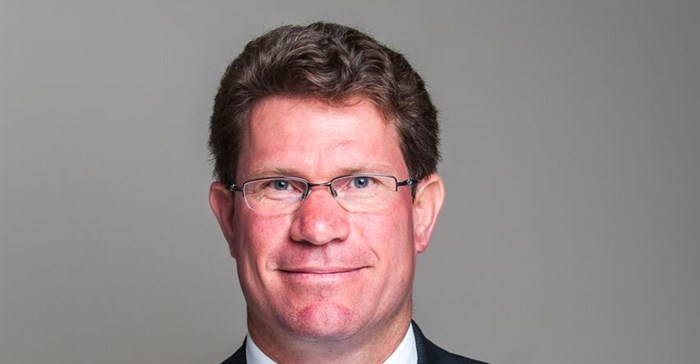






Indeed, both wind and solar generation are currently close to matching the cost of coal generation, which continues to provide over 90% of the country’s 47.28GW generation capacity. In a country where consistent above-inflation increases in the electricity tariffs are already putting strain on the population, there are those who feel that the country is not ready to make the leap to renewables just yet.
However, the evidence suggests that delaying the wide-scale adoption of renewable generation for much longer could cost South Africa much more in the near future.
In March of this year, Energy Minister, Jeff Radebe finally signed the first of a series renewable energy contracts for 27 projects worth R55.92bn. The majority of these projects had been delayed for close to two years, having cost many of the private sector companies involved in the projects tens of millions of rand in maintenance costs while construction was on hold.
While it can be said that South Africa is definitely taking a step in the right direction, there is still a significant amount of opposition to these changes - most notably by the National Union of Metalworkers (Numsa).
The organisation firstly argues that the cost of renewables will drive up electricity tariffs even further. Secondly, Numsa claims that bringing these projects online will create a surplus that will lead to the closure of coal mining operations and power plants. The organisation claims that the result will be the loss of an estimated 30,000 jobs.
In order to tackle these points, it may help to fast-forward to 2020, when the first of the 27 renewable projects is scheduled to be brought online. Firstly, the cost of renewable energy is expected to drop significantly in the next few years.
Proof of this is the latest report by the International Renewable Energy Agency (Irena) on the cost of renewable generation, which reveals that the ongoing global investment in solar and on-shore wind generation has exponentially reduced the cost of their construction and maintenance since 2006. What’s more, at the current rate that these costs are dropping, Irena estimates that 2020 will see all the power generation technologies that are now in commercial use will fall within the fossil fuel-fired cost range, with most at the lower end or even undercutting fossil fuels. In short, renewable energy generated through private sector companies will briefly cost the same as coal generation, before completely surpassing it in cost-effectiveness.
Next, the issue of job losses should be addressed. It needs to be said that the combined output of these 27 projects will only be in the region of 2.3GW. Considering that the government set out to add an additional 29GW of power to the national grid between 2011 and 2030, it is safe to say that the country will not be retiring the coal generation plants than are not already obsolete.
The construction and maintenance of the new renewables projects will create an additional 61,000 jobs, according to government.
Lastly, there is also no truth to the argument that renewable energy cannot provide reliable baseload power as it is increasingly being disproved on large and small scales. For example, the Cook Islands is set to generate 100% of its power through renewables within the next two years, and even China is on schedule to achieving its goal of 30% renewables by 2030.
The consequences of not embracing renewable generation even faster are much direr, however. The cost and challenges involved in obtaining coal, seem to be mounting more rapidly than anyone would seem to expect. Earlier in April, Eskom informed the National Energy Regulator of South Africa (Nersa)7 that it had coal supply shortages at seven coal-fired power stations, leading to fears of rolling blackouts once again.
While Eskom’s current challenges in obtaining coal are largely related to problems with the Tegeta-owned mines (and thus political in nature), it is also a fact that shortages may continue for some years, owing to the fact that there is a historic lack in investment in coal-plus mines7.
We believe that South Africa’s private sector is critical in helping to drive renewables forward. With Government’s goal being an additional 20GW of renewable energy added to the energy mix, there is room for companies to tender for more projects in the coming years. As for the opinions against renewable generation, time will resolve this argument sooner rather than later.